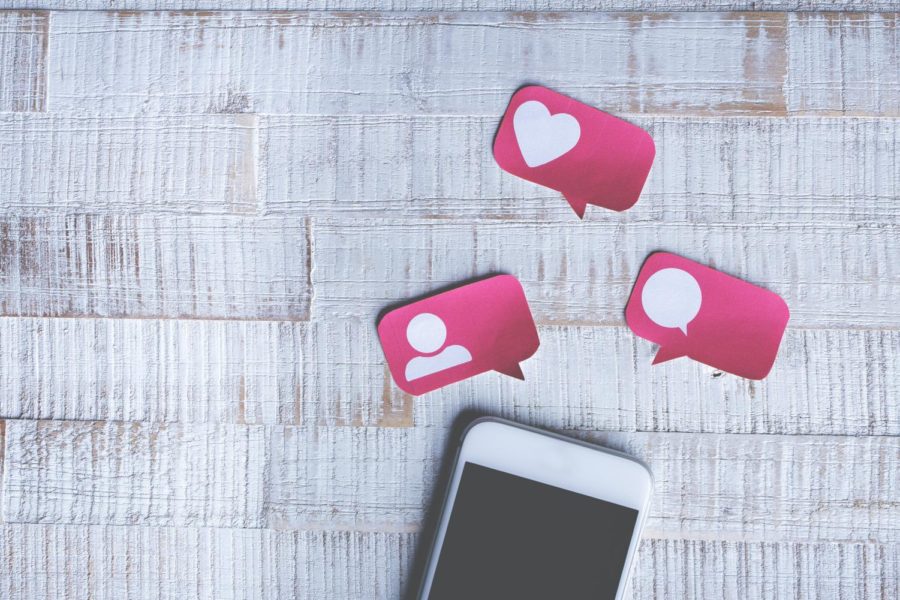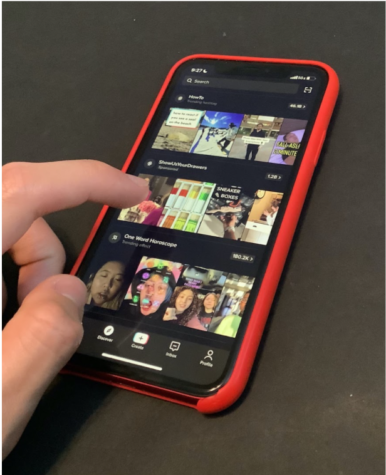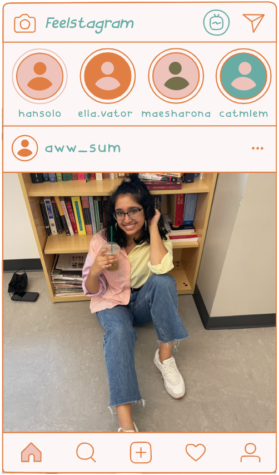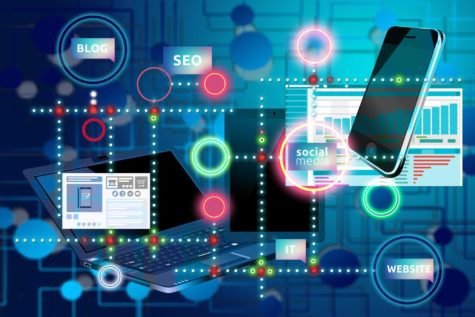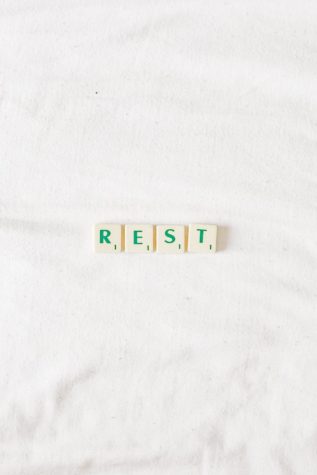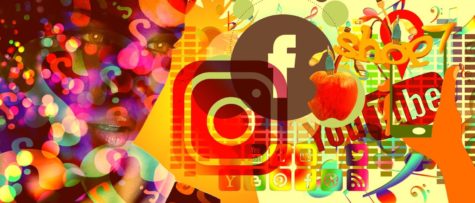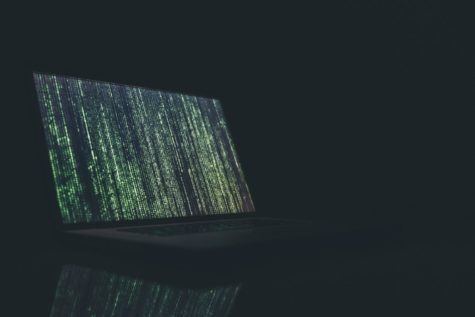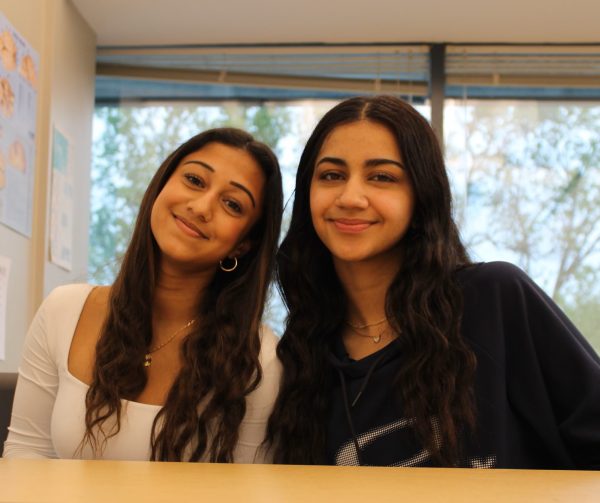Technology Is A Stain Of Tomato Sauce
February 7, 2022
Technology is a stain of tomato sauce splattered on the cream-carpeted floor of our heads. The more we attempt to scrub it away, investing time and energy into the process, the bigger it gets and the harder it is to wash out. I thought I loved tomato sauce. And I still do, to some extent. However, I feel a new aversion that has been added to my previously appreciative taste. Tomato sauce has proved to be enough of a pain that I would like to keep it out of my carpet and even out of my head.
I would like to take you through three distinct stages of my tomato-sauce addiction: before the pandemic, during the pandemic, and in this muddle that is after the pandemic. Each stage features a reminiscence and an evolution, and I will do my best to recount the lessons learned from each one.
Before The Pandemic
Admittedly, part of the reason that my device usage before the pandemic was so minimal was because of my younger age and parental rules. However, I also never felt that ‘pull’or ‘beckoning’ toward my phone in the way that I do now.
My life was different and in a way, simpler. I didn’t have my own computer up until a few months before the pandemic. If I needed to do something online, I used my mom’s computer a couple of times a month and even then, mainly just for assignments. Screen time was also largely a privilege for me. I remember the excitement I felt upon learning that I could watch an episode of some show (on cable, of course), or that my family and I were going to watch a movie together.
Screen time and time limits on apps were also much enforced by my parents. Until my high school years, I was only allowed to download a certain few apps on my phone. I had limits for when I was able to use my phone and when it was expected to be turned off. I didn’t have much social media because I had tennis or theater or friends to be entertained with in my spare time.
Overall, my perspective of devices was one like that of a hungry child to pizza – a reward for my grueling work of studying or socializing. I indulged in it in small but manageable quantities, and I never felt less or more for associating myself with technology.
During The Pandemic
Then, the world went digital. Suddenly, my only means for interaction were online. I had theater and dance classes only through Zoom; I talked to my friends via text and Facetime. I couldn’t go outside to play sports anymore, either. I had to make do with what I had at home to entertain me.
So, in my desperate search for entertainment, I listlessly scrolled through my screens, sometimes averaging 11-12 hours of screen time a day. It didn’t prove to be a problem – at first. At a time when screens had taken over almost every aspect of my life – from school, to theater, to socializing – I thought that indulging in them a little bit more for my leisure wouldn’t affect my way of life or my mental state.
And I was wrong about that. What I found was that instead of helping me pass time, technology was poisoning me with the novelty and fast-paced happenings of the internet. It got to the point where I felt that I always had to have a phone in my hand. Even while going outside, showering, or working out.
I found it very difficult to be productive because my focus always wanted to drift elsewhere. Every single moment needed to be satisfied by the impulses of my phone or computer. Needless to say, this inability to be productive decreased my motivation for doing assignments and even for passion projects that I had had no problem doing previously. At some point, I realized I needed to change my habits, but I didn’t even know where to start.
Not-Quite After The Pandemic
I have been able to lessen my addiction to these impulses over the past few months, but it was certainly an effort. Instead of watching Netflix, I tried to organize weekly board game nights for my family. Instead of keeping Google News in an open tab, I would delete it and any tabs that were not relevant to my given task. And instead of scrolling through TikTok, I tried reading books. All of these strategies were effective to varying degrees, but the most important part is that I tried. I actively took a step forward to changing my situation even if it was difficult and even felt hopeless at times.
And I’m glad I did. If I learned anything from the pandemic years it is this: there is value in turning off the screens, in changing the role that technology plays in our lives. I did this as simply as going for a walk or writing down my ideas in a journal instead of on a Google Doc. And of course, the same approach isn’t going to work for everyone, but everyone still deserves to rid their minds of the possessive influences of the likes of TikTok and Instagram.
I hope we do manage to rub our screens out of the carpet of our heads. It will not be an easy feat. But we can start by sharing our stories and bringing attention to the addictions we face, so that we may achieve a foundation that can be built upon later on by the others we have inspired. So, you’re on, tomato sauce. Let’s get out the clorox wipes and get to work.

